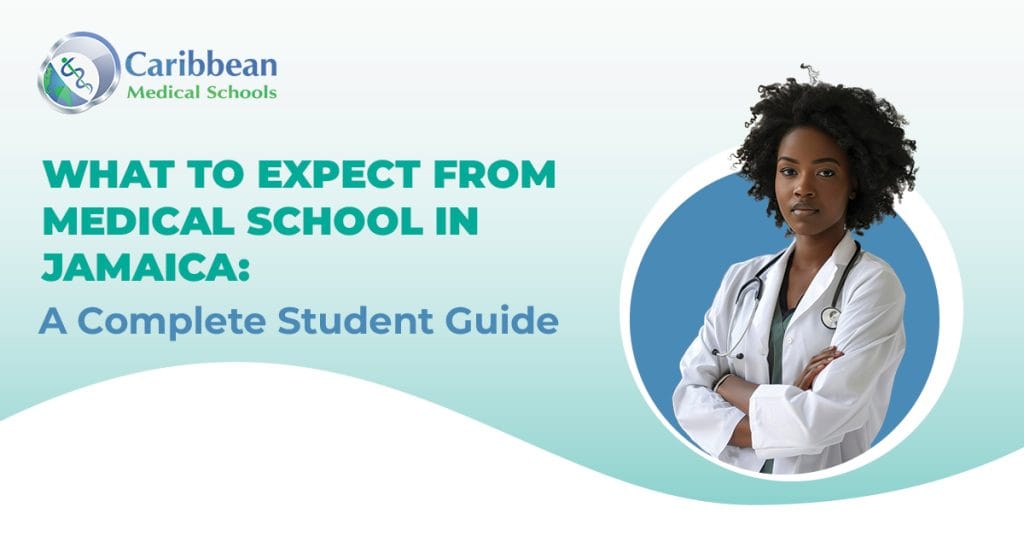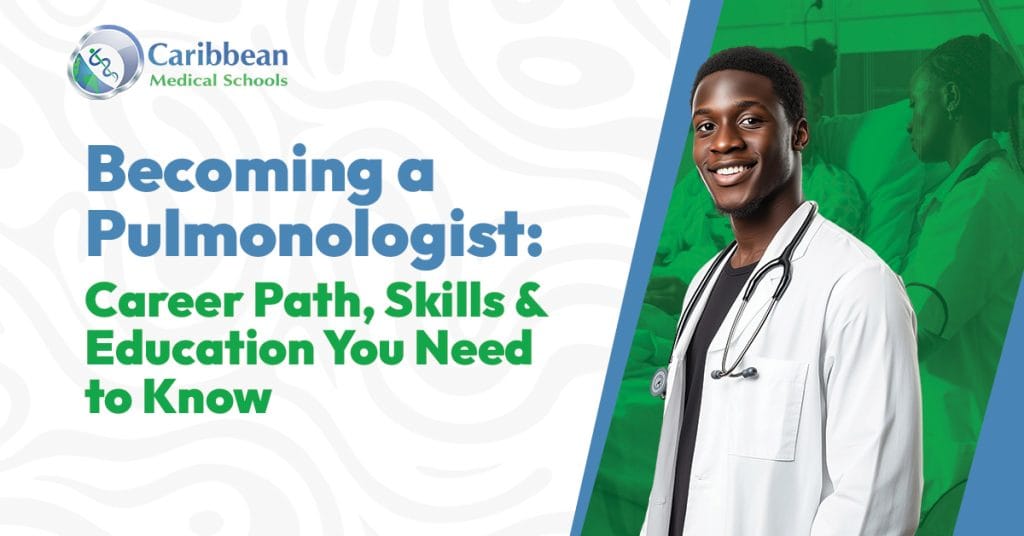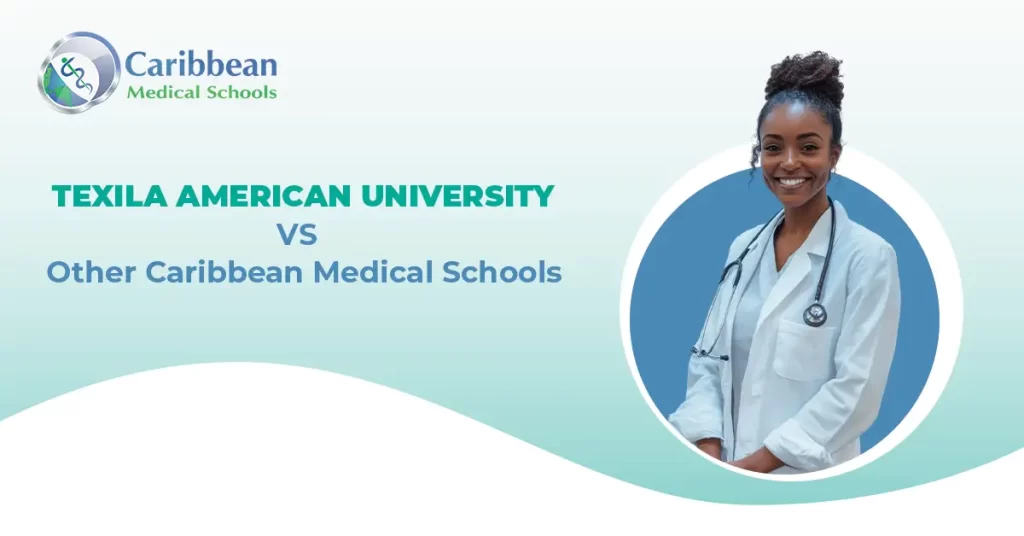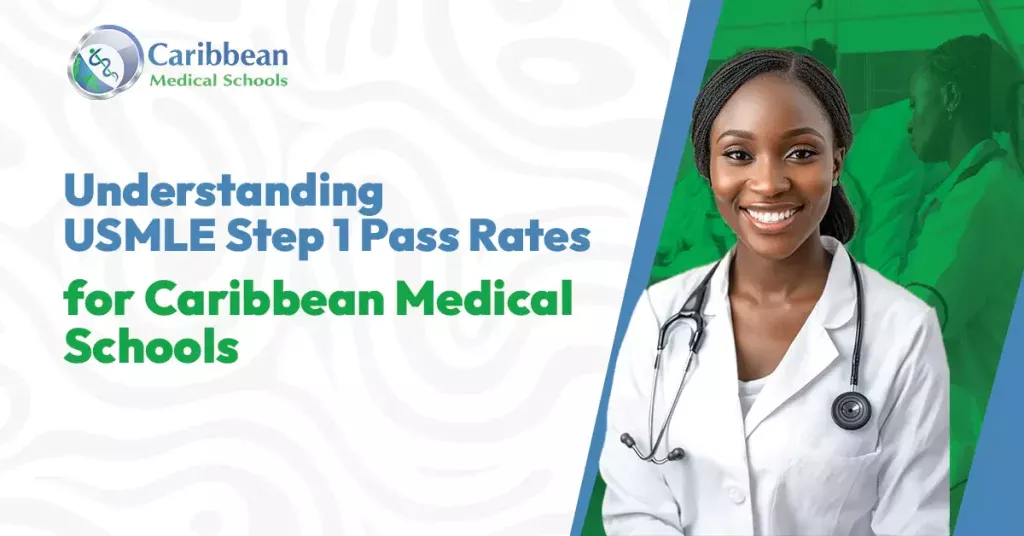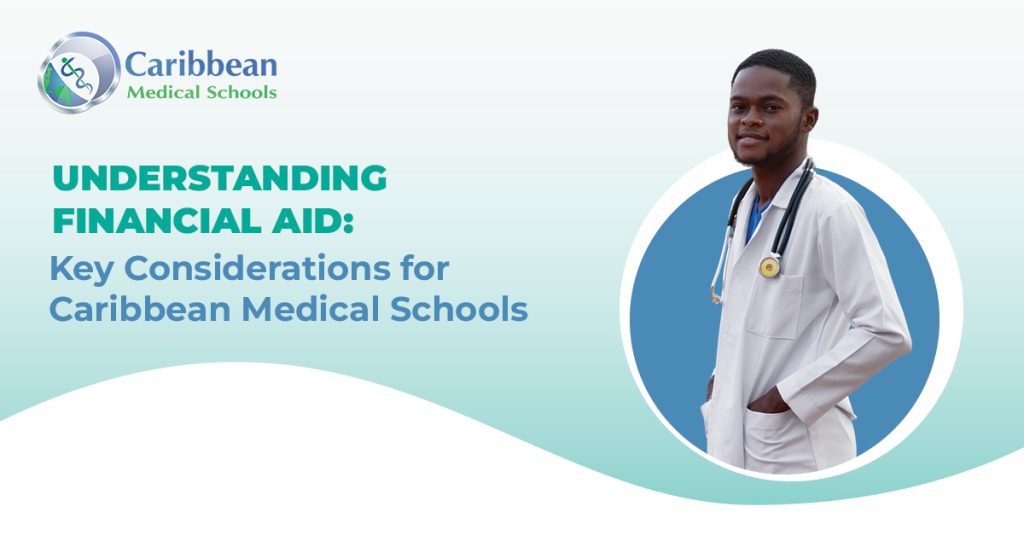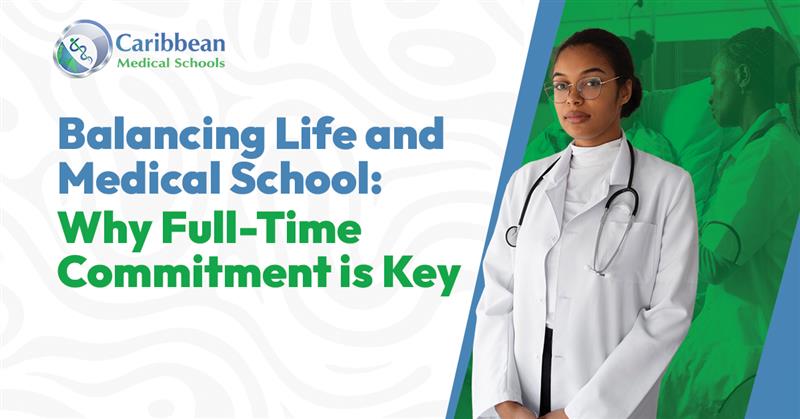Blog Summary
If you’re considering studying medicine in Jamaica, you’re about to embark on an exciting academic journey filled with vibrant cultural experiences. Medical schools in Jamaica offer world-class education and excellent clinical training, making it an ideal place for aspiring doctors. When you explore what to expect from medical schools in Jamaica, you’ll discover a unique blend of rigorous academics, practical hands-on experience, and a chance to immerse yourself in the Caribbean’s dynamic culture. This guide will walk you through everything you can expect, from academic challenges to student life, ensuring you’re well-prepared for this incredible chapter in your life.
Table of Contents
Why Study Medicine in Jamaica?
Choosing Jamaica as your destination for medical education comes with distinct advantages that go beyond academics:
- Top-Notch Education: Jamaican medical programs adhere to international standards, providing a robust curriculum that equips students with the skills needed to excel in global healthcare.
- Cultural Diversity: Studying here means immersing yourself in the vibrant Caribbean culture, which enriches your educational journey.
- Affordability: Compared to North America or Europe, studying at medical universities in Jamaica is much more cost-effective, without compromising on quality.
- Global Recognition: Degrees from accredited schools in Jamaica are recognized worldwide, giving graduates opportunities to practice medicine across the globe.
Understanding Jamaican Medical Programs
Medical education in Jamaica is structured to establish a thorough background in both theoretical principles and practical expertise. Here’s an overview of the structure:
1. Preclinical Phase (Years 1-3)
- Focus on foundational sciences such as anatomy, physiology, biochemistry, and pharmacology.
- Use of modern laboratories and simulation centers for hands-on learning.
- Integration of problem-based learning to develop critical thinking.
2. Clinical Phase (Years 4-5)
- Students participate in hospital rotations, working directly with patients under the supervision of experienced physicians.
- Exposure to various specialties, including surgery, pediatrics, internal medicine, and obstetrics.
- Opportunities to practice in public and private healthcare settings across Jamaica.
Admissions: How to Apply to Medical Schools in Jamaica
Applying to medical schools in Jamaica involves a few essential steps. Here’s how to make your application stand out:
- Research Programs: Review programs offered by institutions such as the University of the West Indies (UWI) and Caribbean School of Medical Sciences, Jamaica (CSMSJ).
- Prepare Your Documents:
- Academic transcripts
- Personal statement explaining your interest in medicine
- Letters of recommendation
- Meet Academic Requirements:
- A comprehensive knowledge base in biology, chemistry, and physics.
- Competitive standardized test scores like the MCAT (if required).
- Submit Your Application: Most schools have online application portals for convenience.
- Ace the Interview: Prepare for an interview that evaluates your communication skills, motivation, and aptitude for a medical career.
For detailed guidelines, check the specific Jamaica medical school requirements for the institution you’re interested in.
Top Medical Schools in Jamaica
The University of the West Indies at Mona
- Renowned for its exceptional curriculum and research opportunities.
- Offers a full range of medical courses in Jamaica, from basic sciences to advanced clinical training.
- Accredited by global medical education bodies, ensuring international recognition.
According to EduRank, the University of the West Indies at Mona is ranked 59th in Latin America and 1,275th globally for medicine.
Caribbean School of Medical Sciences, Jamaica (CSMSJ)
- A newer institution focused on delivering high-quality education tailored to meet modern healthcare demands.
- Known for fostering a supportive learning environment, especially for international students.
These schools are among the best medical schools in Jamaica for international students, combining academic rigor with a welcoming atmosphere. For more details about pursuing your MD in paradise and gaining insights into medical education in Jamaica.
Cost of Studying Medicine in Jamaica
One of the most attractive aspects of studying in Jamaica is the affordability compared to other countries:
- Tuition Fees: Fees vary depending on the school but are generally lower than North American or European medical schools.
- Living Costs: The cost of living, including accommodation, food, and transportation, is moderate, making Jamaica a budget-friendly destination.
- Scholarships: Several institutions offer scholarships to both local and international students, easing financial stress.
Student Life in Jamaica
Studying in Jamaica is about more than academics. Here’s a glimpse of what life as a student looks like:
1. Cultural Experiences
- Immerse yourself in Jamaica’s rich culture, from reggae music to delicious Caribbean cuisine.
- Participate in cultural festivals and explore historical landmarks.
2. Campus Facilities
- Modern libraries, laboratories, and recreational facilities ensure a balanced lifestyle.
- On-campus accommodations and student organizations make settling in easier.
3. Social and Networking Opportunities
- Jamaica attracts students from all over the world, creating a multicultural environment.
- Networking events and alumni associations help you build lifelong professional connections.
Clinical Rotations and Career Prospects
Jamaican medical programs emphasize practical training to prepare you for a successful career:
- Clinical Rotations: Gain hands-on experience in teaching hospitals, working in diverse specialties like surgery, pediatrics, and emergency medicine.
- Residency Opportunities: Many graduates continue their training in Jamaica or abroad, thanks to the global recognition of Jamaican medical degrees.
- Career Pathways: Graduates can work in hospitals, clinics, or pursue research opportunities worldwide.
Challenges of Studying Medicine in Jamaica
While the benefits are significant, students should also prepare for some challenges:
- Rigorous Academics: The workload can be intense, so time management and focus are essential.
- Cultural Adjustment: Adapting to a new environment may take time, but engaging with the local community helps.
- Financial Planning: Although affordable, managing tuition and living costs requires careful budgeting.
Overcoming these challenges will not only make you a better student but also prepare you for the demands of a medical career.
How to Make the Most of Your Medical Education in Jamaica
To maximize your experience:
- Engage Actively: Participate in workshops, seminars, and networking events.
- Utilize Resources: Take advantage of libraries, mentorship programs, and academic advisors.
- Explore Jamaica: Don’t miss the opportunity to discover Jamaica’s breathtaking beaches and cultural landmarks.
Conclusion
Studying at medical schools in Jamaica combines excellent academic training with cultural enrichment, offering a holistic education experience. With affordable tuition, globally recognized degrees, and the chance to live in a tropical paradise, Jamaica is a perfect choice for future medical professionals. Whether you’re drawn by the academic reputation or the island’s vibrant culture, pursuing a medical degree in Jamaica is a decision you won’t regret.

